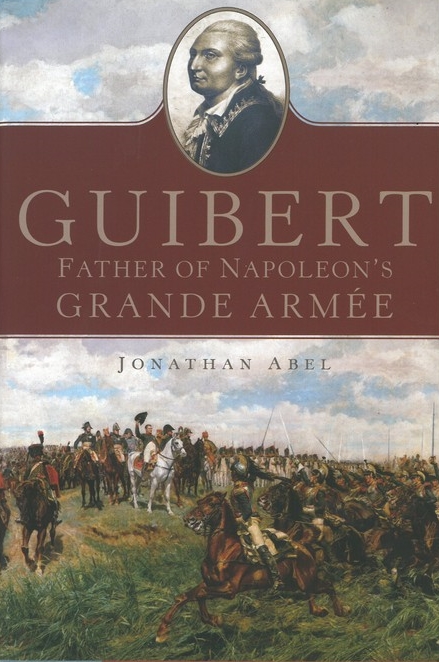Sigma Nu Authors
Bookshelf

My Wonderful Life
By Rene A. Henry (William and Mary)
Publisher: Gollywobbler Productions
ISBN: 0967453569
In his latest book author Rene A. Henry writes about how he circumvented overzealous and obstructive gate guards, how he got transportation in New York City during late afternoon and early evening thunderstorms, took on the media and federal government to right wrongs, and leadership and organizational concepts he found helpful in business and his personal life. In My Wonderful Life being in the right place at the right time, Henry shares with readers dozens of experiences and anecdotes from his diverse professional career internationally in public relations, sports marketing, housing and construction, television and entertainment, government relations, federal service, association management, and even politics. He outlines methods he uses to manage time and budgets and record important information. He gives examples of his principles of leadership and management. As the author of two books on crisis management and communications, he says that during a crisis it is important to always tell the truth and the whole truth and do to so as soon as possible. In another chapter he details how he fought back when clients were wronged by the media. He details an incident where he took on Columbia University s Columbia Journalism Review for maligning his boss. In another case he challenged the federal government and won. Henry also discusses the the use and abuse of the First Amendment and libel, slander and defamation laws. From the years I worked in Hollywood and sports I learned how to get around the so-called administrative assistants, gate guards, agents and publicity flacks to get to their bosses, Henry says. This was helpful numerous times during my career and made possible a New York City ticker tape parade for the 1954 U.S. Olympic medal winners when we went around one of his assistants and directly to Mayor Ed Koch. In his book he writes about the lessons he learned from his parents and family growing up in Charleston, W.Va. and Norfolk, Va., in high school and college, and from mentors early in his diverse professional career. He discusses changes in society regarding personal communications skills and common courtesy and the importance of volunteerism and giving back.
Reprinted from Amazon.com

Guibert: Father of Napoleon's Grande Armée
By Jonathan Abel (Midwestern State)
Publisher: University of Oklahoma Press
ISBN: 0806154438
If there was one man, other than Napoleon himself, who determined the course of the Napoleonic Wars, it was Jacques-Antoine-Hippolyte, comte de Guibert, the foremost military theorist in France from 1770 to his death in 1790. Taking in the full scope of the times, from the ideas of the Enlightenment to the passions of the French Revolution, Jonathan Abel’s Guibert is the first book in English to tell the remarkable story of the man who, through his pen and political activity, truly earned the title of Father of the Grande Armée.
In his Essai général de tactique, published in 1771, Guibert set forth the definitive institutional doctrine for the French army of the Revolutionary and Napoleonic Wars. But unlike many other martial theorists, Guibert, who served in the French Ministry of War from 1775 to 1777 and again from 1787 to 1789, was able to put his ideas into practice. Drawing on a wealth of primary source documents—including Guibert’s own papers and the letters and memoirs of his friends and associates—Jonathan Abel re-creates the temper of an era of great turbulence and remarkable creativity. More than a military theorist, Guibert was very much a man of his day; he attended salons, wrote poetry and plays, and was inducted into the Académie française. A fiery figure, he rose and fell from power, lived and loved fiercely, and died swearing that he would “find justice.”
In Abel’s account, Guibert does at last receive a measure of justice: a thorough, painstakingly documented picture of this complex man in the thick of extraordinary times, building the foundation for Napoleon's success between 1796 and 1807—and in significant ways, changing the course of European history.
Reprinted from Amazon.com